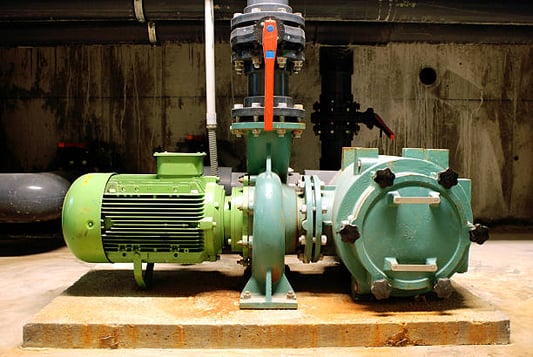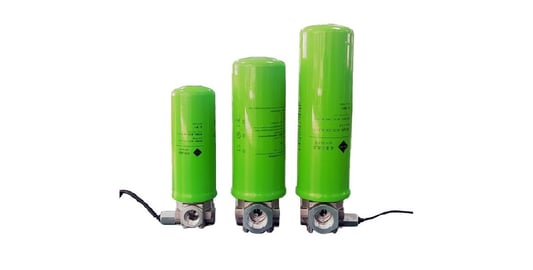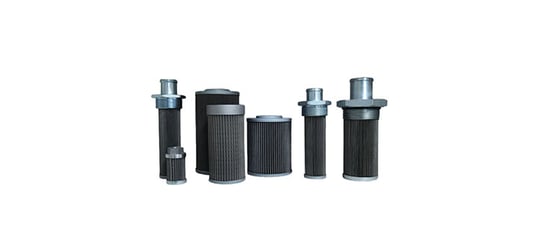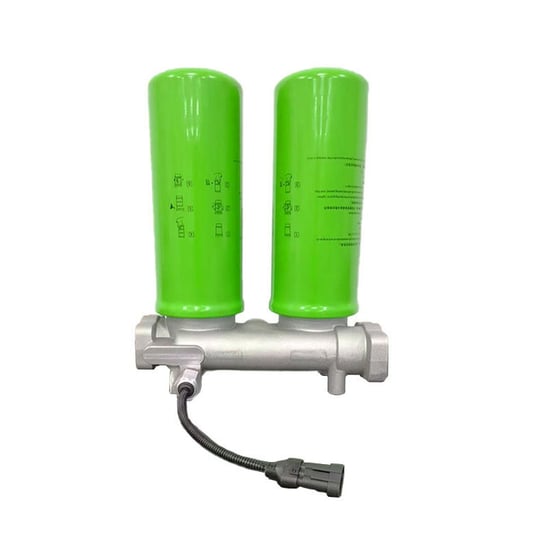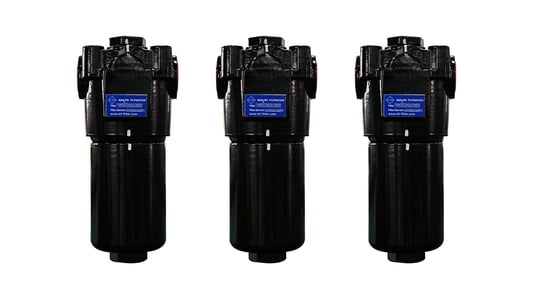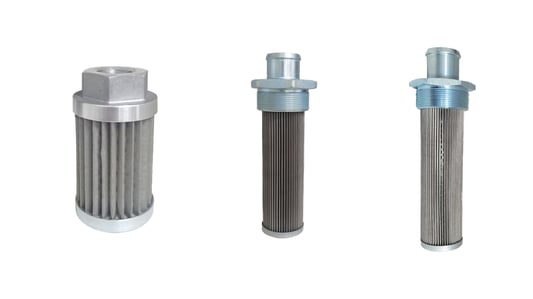When it comes to maintaining the overall health of your car, one important aspect to consider is the air filter. Ensuring that your car has a good air filter is crucial to its longevity and efficiency. One type of air filter gaining popularity in recent times is the “green air filter” which is claimed to be an environmentally-friendly option for car owners. In this article, we’ll take a closer look at what a green air filter is, its advantages, and why it’s the best option for your car.What is a Green Air Filter?Firstly, let’s define what we mean by a “green air filter”. Typically, this refers to an air filter which is designed to offer better filtration than a standard air filter while also being environmentally-friendly in its construction. Green air filters are usually composed of reusable and/or recyclable materials and can be washed and reused multiple times, making them more cost-effective than normal filters in the long run.The Advantages of Using a Green Air FilterOne of the biggest advantages of using a green air filter is the fact that they are reusable and washable. This means that they can last up to 50,000 miles before needing to be replaced, as opposed to the usual 10,000-15,000 miles for most other air filters. This can save you a lot of money in the long run as you will need to replace your air filter less frequently.Another advantage of green air filters is that they tend to offer better engine performance and fuel efficiency. This is because they have been shown to allow more air into the engine, which can increase horsepower and torque. Additionally, better air flow reduces the strain on the engine, improving fuel efficiency. Studies have shown that using a green air filter can improve a car’s fuel efficiency by up to 10%.Why Choose a Green Air Filter?While the above advantages certainly make a compelling case for green air filters, there are other reasons why they’re a great option for your car. Perhaps most importantly, green air filters are much better for the environment than traditional air filters. As we mentioned, they are designed to be reusable and recyclable, meaning that they produce less waste. This is a great eco-conscious option for car owners looking to reduce their environmental impact.In addition to being environmentally-friendly, green air filters also tend to offer better filtration than traditional filters. This is because they are usually made of several layers of cotton gauze, rather than just one layer of paper, which allows more air to flow through while still trapping harmful particles such as dirt and debris. This means that using a green air filter can help to protect your engine and improve its longevity.Installing a Green Air Filter in Your CarInstalling a green air filter in your car is a relatively easy process that can be completed at home with some basic tools. Most green air filters are designed to be direct replacements for your car’s factory air filter, and often come with clear instructions on how to replace them. It’s simply a matter of removing the old filter and replacing it with the new one.The Cost of a Green Air FilterOne common concern when it comes to green air filters is their cost. While they may be more expensive upfront than traditional air filters, their long lifespan and reusability means that you will end up paying less in the long run. Additionally, many green air filters come with a lifetime warranty, which can provide peace of mind and save you money on future replacements.ConclusionIf you’re a car owner looking to improve your vehicle’s overall performance, reduce your environmental impact, and save money in the long run, then a green air filter is definitely worth considering. Not only do they offer better engine performance and fuel efficiency than traditional air filters, but they are also better for the environment and can last up to 50,000 miles before needing to be replaced. Installing a green air filter in your car is a simple and cost-effective way to take good care of your vehicle while doing your part for the planet.green air filter, car air filter, environment-friendly air filter, reusable air filter, washable air filter, fuel efficiency, engine performance, air flow, cotton gauzeWhy a Green Air Filter is the Best Option for Your Car - Benefits and Installation"Looking for an eco-friendly and cost-effective air filter option for your car? Look no further than green air filters! Learn about their benefits, installation and why they are the best option for your vehicle."Quote InquiryContact us!


